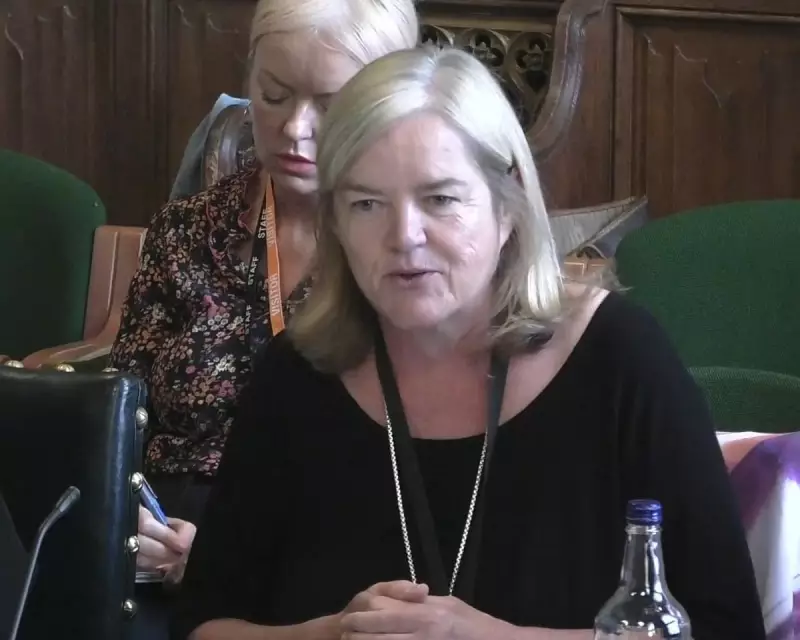
A damning official inquiry into Britain's grooming gangs scandal has concluded that authorities missed a 'hugely wasted opportunity' to protect vulnerable children from systematic sexual exploitation, with political correctness and institutional failures allowing predators to operate with impunity for decades.
Key Findings Reveal Systemic Collapse
The independent investigation, spanning seven years and examining cases across multiple English towns including Rotherham, Rochdale, and Oxford, uncovered a pattern of 'wilful blindness' among police, social services, and local councils. Authorities repeatedly ignored clear evidence of organised abuse, often dismissing vulnerable victims as 'making lifestyle choices' rather than recognising them as children being systematically exploited.
Timeline of Institutional Failure
The report meticulously documents how warning signs were missed at every turn:
- Early 2000s: Multiple reports from frontline workers highlighted organised grooming networks
- 2006-2012: Internal police intelligence identified specific perpetrators and locations
- 2010-2014: Academic research and media investigations exposed the scale of abuse
- 2014 onwards: Official reports confirmed systematic failures in Rotherham and other towns
Political Correctness Blamed for Inaction
One of the inquiry's most significant findings points to 'cultural anxiety' about the ethnicity of perpetrators preventing effective intervention. The report states that fear of being labelled racist created a 'paralysing effect' on child protection efforts, allowing predominantly British Pakistani men to continue exploiting predominantly white working-class girls.
Victims' Voices Finally Heard
Survivors who gave evidence to the inquiry described feeling 'completely abandoned' by the systems meant to protect them. Many reported that when they sought help from police or social services, they were treated as problematic rather than as victims of serious crime.
Recommendations for Fundamental Reform
The inquiry calls for radical changes to child protection systems, including:
- Mandatory training on child sexual exploitation for all frontline professionals
- Improved data sharing between police forces and local authorities
- Stronger accountability measures for senior officials who fail to act
- A national database of grooming gang intelligence
The report concludes that while some improvements have been made in recent years, 'fundamental cultural change' is still needed to ensure such systemic failures never happen again.





